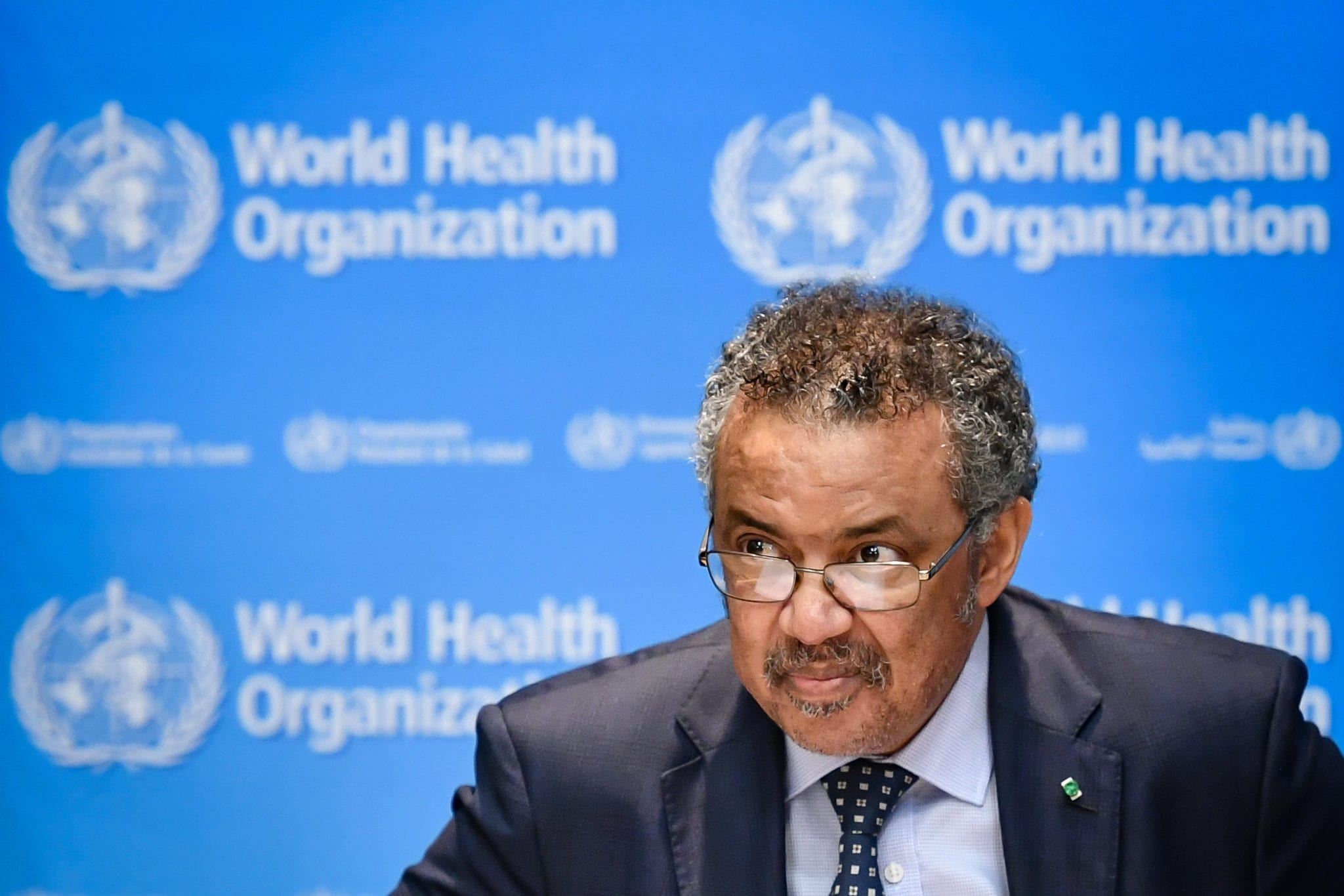
As Congo Ebola outbreak festers, FDA approves first vaccine to combat deadly virus
As an Ebola outbreak rages on in the Democratic Republic of Congo — the FDA has approved the first vaccine to protect against the deadly hemorrhagic virus, months earlier than expected. Manufactured by Merck the development of the vaccine, christened Ervebo, began during the West African outbreak that occurred between 2014 and 2016, which killed more than 11,000.
The approval for the genetically engineered attenuated live vaccine comes about five weeks after its European endorsement. Merck expects to launch the vaccine in the third quarter of 2020.
Unlock this article instantly by becoming a free subscriber.
You’ll get access to free articles each month, plus you can customize what newsletters get delivered to your inbox each week, including breaking news.